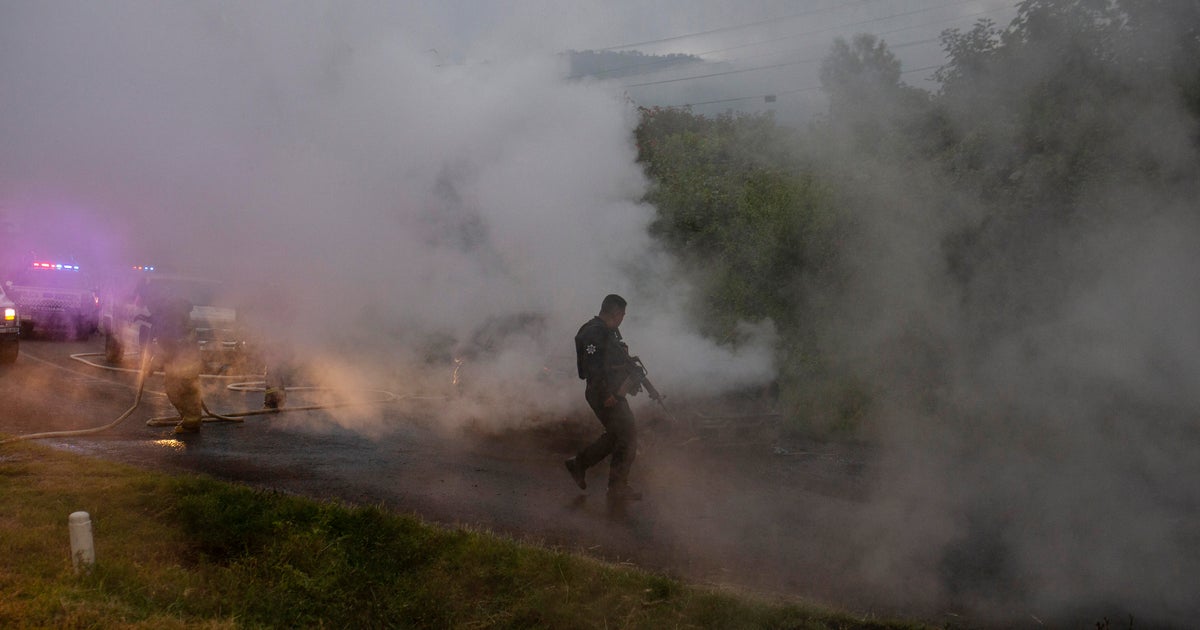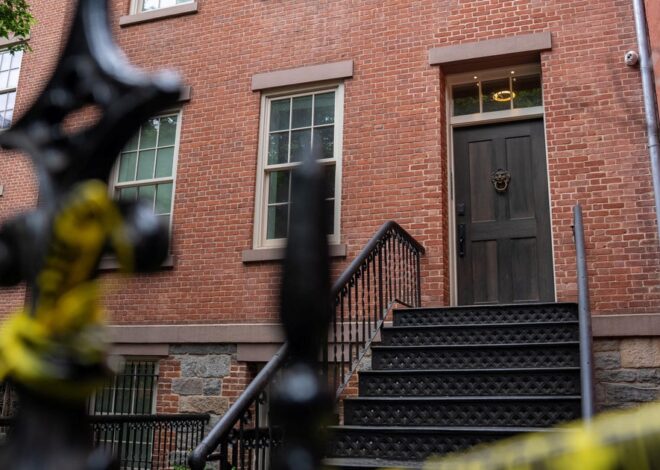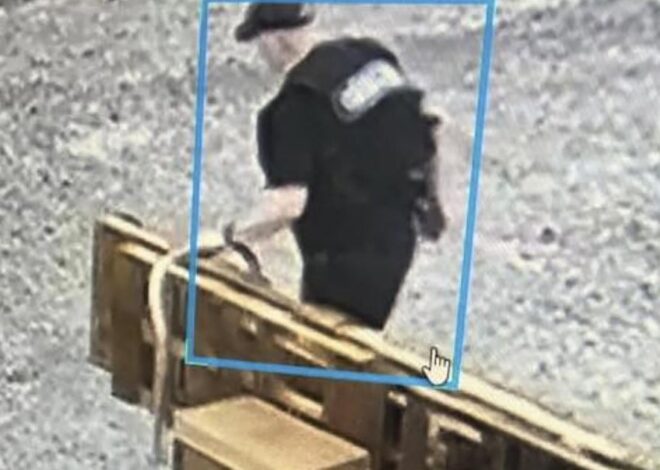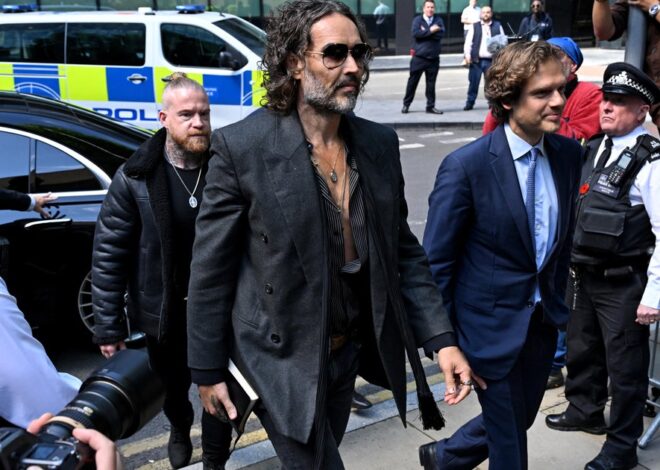
Bomb Explosion in Mexican Cartel Stronghold Leaves 6 Soldiers Dead, 2 Injured
Violence in Western Mexico: A Grim Reality
An explosive device claimed the lives of six soldiers and wounded two others in a region of western Mexico long troubled by drug cartel violence. The tragedy, detailed in an official military report obtained on Wednesday, highlights the persistent danger faced by those tasked with maintaining order.
The deadly blast occurred late Tuesday near a town in Michoacan state, obliterating the armored vehicle carrying the troops. In the aftermath, military planes and helicopters were dispatched to aid the injured, underscoring the urgent response required in such volatile environments.
Reacting to the incident, President Claudia Sheinbaum called the deaths “deplorable” and voiced her support for the victims’ families. Her words echo a broader sentiment of frustration and sorrow shared by many Mexicans who have seen their communities suffer due to ongoing violence.
The region is no stranger to conflict. Criminal factions are known for using improvised landmines and explosive-laden drones as part of their arsenal against security forces. This attack is just one in a series of similar incidents that have claimed the lives of several soldiers over time.
Since 2006, drug-related violence has resulted in around 480,000 deaths across Mexico and left more than 120,000 people missing. Such staggering numbers paint a grim picture of the nation’s struggle with cartel influence and its devastating human toll.
The international implications are significant as well. U.S. President Donald Trump has labeled six Mexican drug trafficking organizations as terrorist entities, sparking speculation about potential military actions against them. This move has further complicated an already tense situation.
Michoacan, where this recent bombing took place, remains a hotbed of violence due to ongoing turf wars between the powerful Jalisco New Generation drug cartel and local criminal factions. These conflicts frequently spill over into surrounding areas, impacting civilian life profoundly.
Just last month, gunmen hijacked cargo trucks and set them on fire on a major highway connecting Mexico City to Guadalajara. This was followed by at least 18 similar incidents reported in Michoacan and neighboring Guanajuato. According to a Michoacan police source, these acts were retaliatory measures by Jalisco New Generation in response to a military operation targeting their interests.
The violence does not end there. Last August, Michoacan’s chief prosecutor confirmed that gunmen associated with cartels had shot to death seven members of a community police force in Coahuayana, illustrating how deeply entrenched these criminal groups have become within local systems.
The influence of cartels extends beyond mere violence; it infiltrates daily life and culture. In December, a sign appeared in a Michoacan town thanking a cartel leader – who carries a $15 million bounty on his head in the U.S. – for distributing gifts to children during the holiday season. The message at a Christmas fair expressed gratitude toward Jalisco cartel leader Nemesio Oseguera, or “El Mencho,” for these presents.
This complex web of violence and influence continues to challenge both national authorities and local communities striving for peace amidst chaos.



